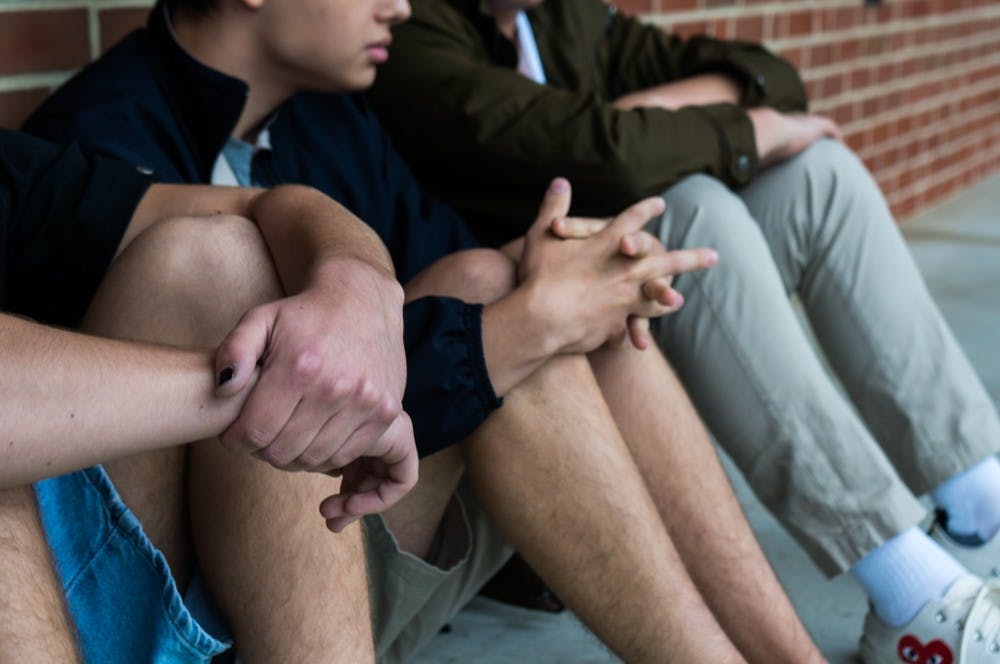Dutta said that when he inquired about support for male survivors of sexual assault, he struggled to find a male-specific perspective that he could relate to.
“There is so much stigma around this issue, that men are often not willing to identify themselves as survivors if something happened to them,” Dutta said. “So many men are too hesitant to even acknowledge it.”
Regardless of this stigma, he said domestic violence and sexual abuse are a reality for millions of men.
According to the National Domestic Violence Hotline, 1 in 10 men in the U.S. have experienced rape, physical violence and/or stalking by a partner.
Dutta said the goal of this initiative is to create a common ground and open space for men to open up about their experiences, and provide them with strategies and connections with others in order to heal and move forward.
“We appreciate and welcome suggestions and ideas from students, faculty and staff and we will certainly take a look at this petition and examine whether this is something we can provide as an additional resource at CAPS," O'Barr said in a statement responding to Dutta's petition.
CAPS supports every group within the University community, O’Barr said in the statement.
Dutta said he wants to make it clear that he does not intend to dismiss the impact of domestic violence and sexual assault on women, especially in light of recent crimes in the Chapel Hill community. This group is not meant to detract from resources and support for female survivors, he said, but rather to expand resources for the benefit of all students on campus.
The Orange County Rape Crisis Center is planning to implement a new support group similar to one that Dutta describes in his petition. The support group is set to start in the spring of 2020, Gentry Hodnett, the development and communications director of the OCRCC, said.
Hodnett said the group will be open to all genders and will provide a space for male survivors to discuss how sexual violence has impacted their lives in a supportive healing space with other male-identifying people.
Male and LGBTQ+ survivors are both under-represented in discussions about the issue, Hodnett said.
She said 1 in 6 men will experience sexual harassment of some kind before they even turn 18.
To get the day's news and headlines in your inbox each morning, sign up for our email newsletters.
“But we should be careful about gendering the movement at all," Hodnett said. "Because there are a lot of people who fall out of the spectrum of either male or female and are also not included in the conversation."
A large number of incidents remain unreported, she said, because many individuals don’t feel as if they can talk openly about their experiences.
Hodnett said this is why the OCRCC works to include and support survivors of any background. The center implements programs in schools starting as early as pre-K, she said, because everyone should be included in the conversation as early as possible.
“If we could just talk about humanity in general — anyone who has experienced this issue — it would be helpful to keep people from being isolated who do need the services and do need the help,” Hodnett said.
Hodnett said that including everyone in discussions surrounding sexual assault and violence could help in getting to the root of the problem on a cultural level, and help survivors of all gender identities rebuild healthy relationships.
“The more that we can open up our language to include all survivors, the more that we can see people come forward to get help," Hodnett said.
@annasouthwell1
university@dailytarheel.com



